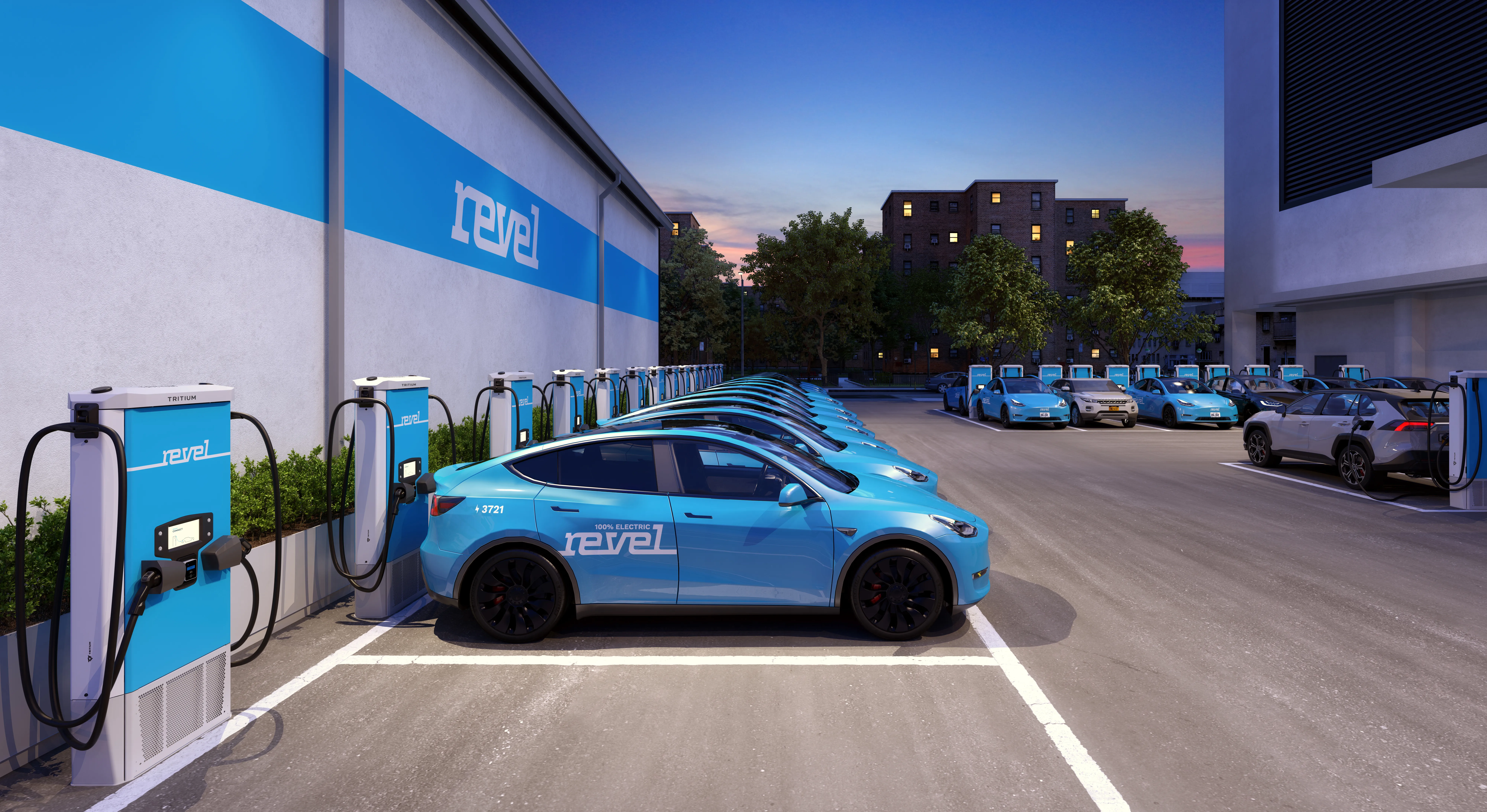Chinese electric vehicle (EV) producer BYD is to build an assembly plan in Lancaster, about seventy miles north of Los Angeles, to make electric buses for US and Latin American public transportation markets. The facility will be one of only a few making electric buses in the US, where most buses use diesel fuel or compressed natural gas. Michael Austin, vice president of BYD America, said Lancaster's aggressive embrace of solar energy programs was a factor in deciding to build the plant there. "They've been
April 3, 2013
Read time: 2 mins
Chinese electric vehicle (EV) producer 5445 BYD is to build an assembly plan in Lancaster, about seventy miles north of Los Angeles, to make electric buses for US and Latin American public transportation markets. The facility will be one of only a few making electric buses in the US, where most buses use diesel fuel or compressed natural gas.
Michael Austin, vice president of BYD America, said Lancaster's aggressive embrace of solar energy programs was a factor in deciding to build the plant there. "They've been very green," he said. "They've been the solar capital of the United States for a while because they have such great solar resources.
The news comes after BYD won a US$14 million contract to make ten electric buses for the transit system of Long Beach, California. Under the contract partly funded by the2023 Federal Transit Administration, BYD, which is backed by investment expert Warren Buffett, will deliver the buses in 2014. Long Beach's transit system serves about 28 million passengers.
Long Beach is exploring adopting a model used in cities such as Shenzhen, where about 1,000 BYD-made buses are on the road. The buses are in service for up to 21 hours, with a range of 120 to 150 miles, and then return to the garage where they receive an overnight 50-kilowatt charge from below, when public energy use generally is lower.
"Some utilities are even giving them a night-time rate, so it is even cheaper to charge at night," Austin said.
Michael Austin, vice president of BYD America, said Lancaster's aggressive embrace of solar energy programs was a factor in deciding to build the plant there. "They've been very green," he said. "They've been the solar capital of the United States for a while because they have such great solar resources.
The news comes after BYD won a US$14 million contract to make ten electric buses for the transit system of Long Beach, California. Under the contract partly funded by the
Long Beach is exploring adopting a model used in cities such as Shenzhen, where about 1,000 BYD-made buses are on the road. The buses are in service for up to 21 hours, with a range of 120 to 150 miles, and then return to the garage where they receive an overnight 50-kilowatt charge from below, when public energy use generally is lower.
"Some utilities are even giving them a night-time rate, so it is even cheaper to charge at night," Austin said.







